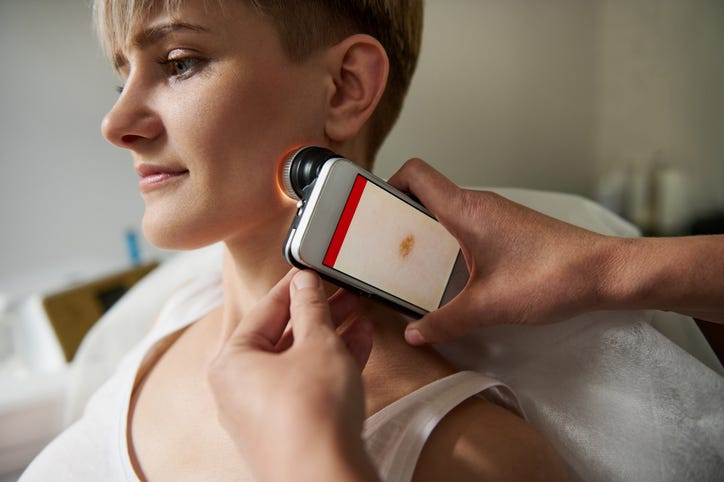
While some cancers have been declining in older people, research shows cancer is occurring in more adults at younger ages -- before they turn 50 and even earlier.
Not only is it occurring more often, but early-onset cancer -- diagnosed in adults between age 18 and 49 -- is usually more aggressive and less responsive to treatment.
One recent study found that all incidences of early-onset cancer "increased substantially" from 2010 to 2019. Breast cancer had the highest number of cases, while gastrointestinal cancers had the fastest-growing rates among all early-onset cancers, according to the study.
Yale Medicine called the uptick in diagnoses worrisome, noting that advancing age is the top risk factor for cancer in general. Since individuals in this age group are too young for recommended routine cancer screenings, diagnosis can be delayed and the cancer could be at a more advanced stage, which can be harder to treat.
"There is often a delay between the onset of symptoms and the actual diagnostic procedure to find the cancer," Jeremy Kortmansky, a Yale Medicine medical oncologist specializing in gastrointestinal cancers, said in a statement. "Some of that may be driven by patients who think, 'I'm only 40—it's probably not cancer, right?' Other times, a physician may think rectal bleeding in a young patient is just a sign of hemorrhoids, so it's important to advocate for yourself."
As for why so many young adults are getting cancer, several risk factors are at play, but none fully answer the question.
The study mentioned earlier suggests that the uptick is likely associated with "the increasing incidence of obesity as well as changes in environmental exposures, such as smoke and gasoline, sleep patterns, physical activity, microbiota, and transient exposure to carcinogenic compounds."
According to the American Cancer Society, almost 1 in 5 cancers is caused by excess body weight, alcohol consumption, unhealthy diet, and/or physical inactivity.
Researchers agree a more studies from a multi-faceted approach are needed to completely understand why younger people appear to be more vulnerable to cancer diagnoses.
"It points to the need for more research in all kinds of domains — in population science, behavioral health, public health, and basic science as well," Veda Giri, director of Yale Cancer Center's Early-Onset Cancer Program, said in a statement.
